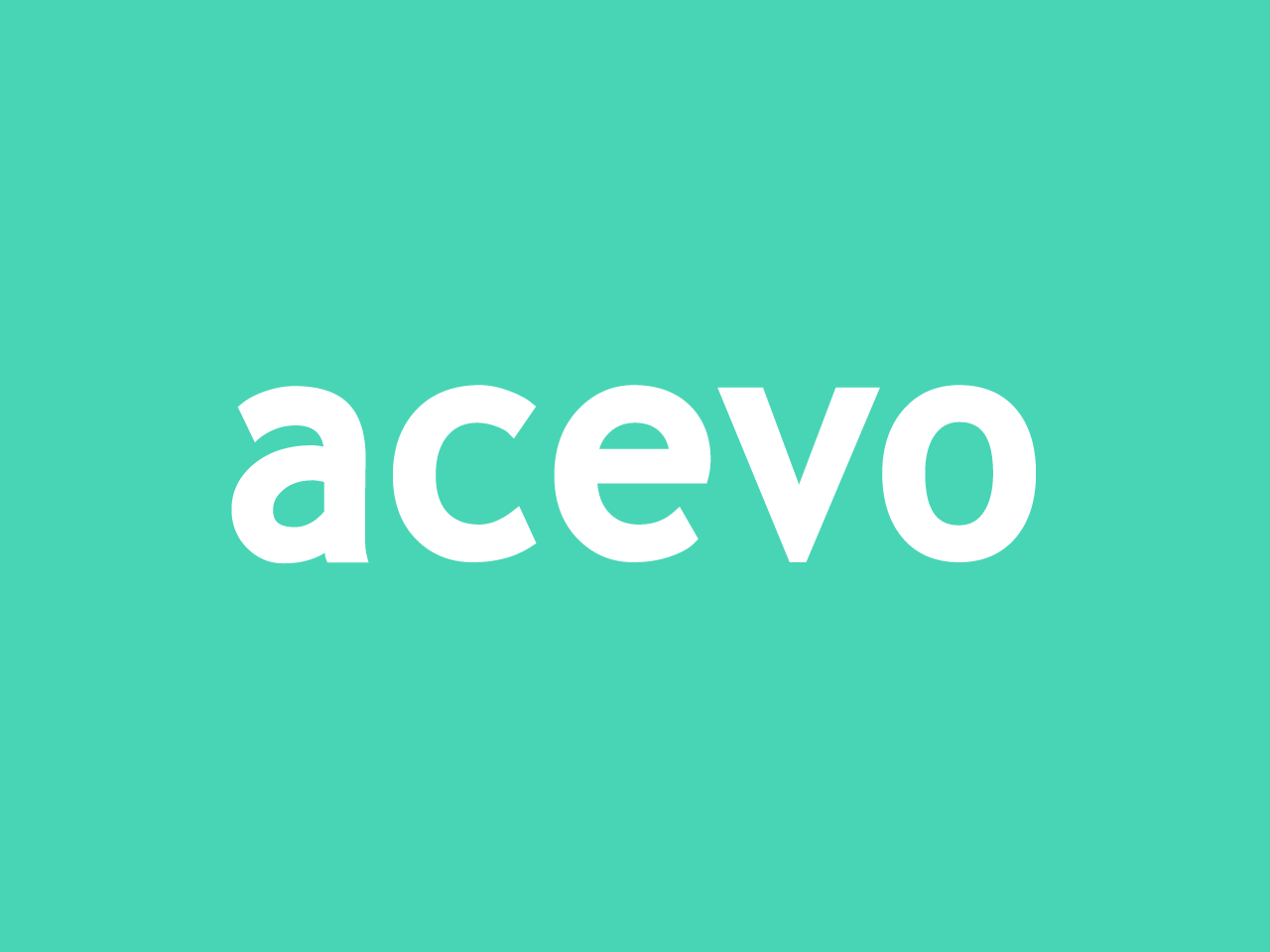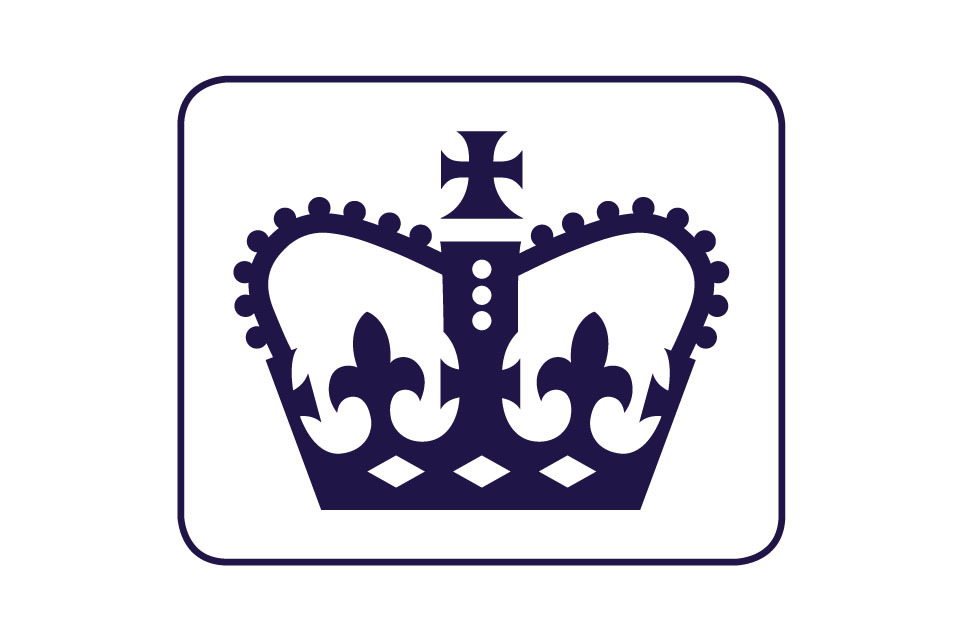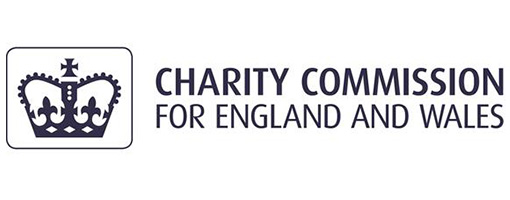Charities are supporting three times as many people with essential aid as they were five years ago, new research from the Charity Commission has found.
The Commission’s annual survey of public attitudes to charities revealed that in the last year 9% of people received food, medical or financial support from charitable organisations, compared to just 3% five years ago.
While demand for such services has risen dramatically, the Commission’s research shows that charities themselves are also feeling increased financial pressure.
Over the same five-year period, the proportion of people who said they’d donated to, or raised funds for charity in the past year, fell from 62% to 48%.
Nearly half of charity trustees said their charity had been forced to make changes as a result of cost-of-living pressures in the past year (46%). This included stopping some services (11%) and using more of their reserves than expected (17%).
Public trust
However, public trust in charities remained high, with almost 60% of people reporting high trust in charities – placing them second only to doctors among trusted institutions.
The research indicated that public confidence in charitable spending has improved, with over 6 in 10 people believing donations are reaching the intended cause. This confidence has risen by 7% in 12 months.
In other findings, the research suggested that charities’ campaigning activities are unlikely to diminish public support in their work – and for nearly half, may increase it. Fewer than 1 in 20 said they would be less likely to support a charity that campaigned, suggesting continued public support for charities that advocate for their beneficiaries.
In the Commission’s annual survey of trustees, there were also signs of slight improvement in banking services.
The research found that 38% of trustees reported problems with their charity’s bank, which is down from 42% in 2024, but remains an issue for many.
Charity Commission chief executive, David Holdsworth, said: "These findings highlight the central role of the charitable sector at a time of significant pressures in wider society.
"Charities are providing a vital lifeline to ever more people, while simultaneously navigating their own financial challenges as donors feel the pinch.
"It’s encouraging to see improved public confidence in charitable spending, though there is no room for complacency. Charities must continue to keep their charitable purposes central to everything they do because this remains a key driver in maintaining public trust.
"The data paints both a challenging picture and a hopeful one – showing a sector that continues to be a bedrock of support and community for people across the country as well as overseas, despite navigating unprecedented demand in an increasingly unstable global landscape."
The full report can be read here
Latest News
-
More than 30 jobs at risk as hospice charity looks to close home care service
-
Christian charity’s failed bid to buy a new church breached fundraising code
-
More than 350km commuting ‘challenge’ leads to charity CEO’s departure
-
Career Path: From corporate leadership to community wellebeing
-
Mary Jane Roberts: What a board game reveals about the future of charities
-
Police confirm arrests amid abuse allegations at health charity’s hospital
Charity Times video Q&A: In conversation with Hilda Hayo, CEO of Dementia UK
Charity Times editor, Lauren Weymouth, is joined by Dementia UK CEO, Hilda Hayo to discuss why the charity receives such high workplace satisfaction results, what a positive working culture looks like and the importance of lived experience among staff. The pair talk about challenges facing the charity, the impact felt by the pandemic and how it's striving to overcome obstacles and continue to be a highly impactful organisation for anybody affected by dementia.
Charity Times Awards 2023
Mitigating risk and reducing claims

The cost-of-living crisis is impacting charities in a number of ways, including the risks they take. Endsleigh Insurance’s* senior risk management consultant Scott Crichton joins Charity Times to discuss the ramifications of prioritising certain types of risk over others, the financial implications risk can have if not managed properly, and tips for charities to help manage those risks.
* Coming soon… Howden, the new name for Endsleigh.
* Coming soon… Howden, the new name for Endsleigh.
Better Society

© 2021 Perspective Publishing Privacy & Cookies














Recent Stories